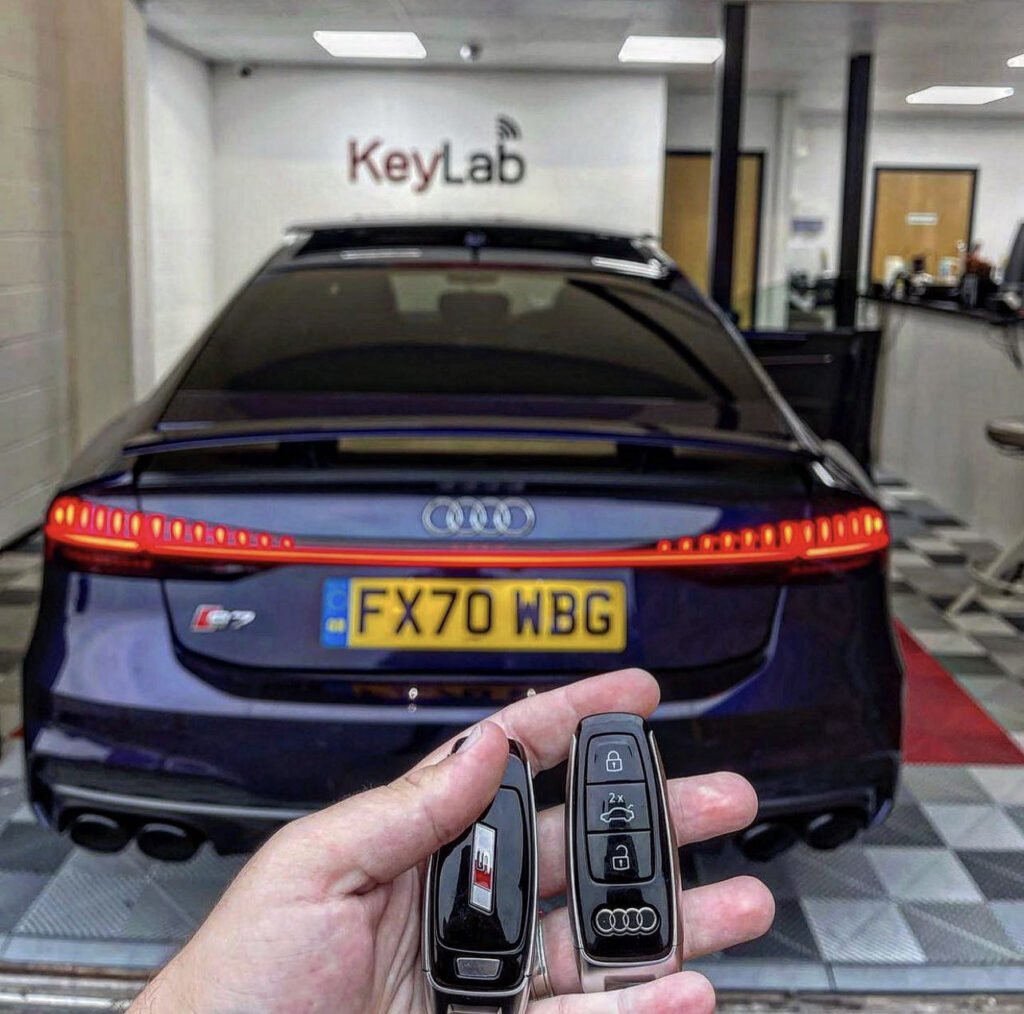Citroen Berlingo Key Fob Troubleshooting
Citroen Berlingo Multispace fills a niche in the market for people carriers. Its sliding rear door makes it easy to fit into parking bays, and its durable cabin is more durable than many of the more expensive competitors.
However, if your device has bathed in soapy or salt water, it may not be working again, even after a new battery and changing the program. This is because the internal chip has been damaged due to exposure to water.
replacement citroen c1 key
After you have rescued your key fob from whatever pool, puddle or washing machine it was swimming in, clear it of the most water you can by shaking it. Lay it on the floor with the button down and let it dry for a couple of minutes while you clean the inside with a soft cloth. This will prevent any condensation from causing damage to your electronic chip.
If your Mk 2 Citroen Berlingo or Mk 3 Citroen Berlingo dashboard warning light, which looks like a car key symbol, is lit, it could be indicating an issue with the immobilizer. This is a security feature inside the vehicle that stops thieves from installing hotwires. If this is the situation you'll have to visit an Citroen dealer or a trained mechanic to fix the issue.
A continuous engine warning light could mean that the electronic power assisted steering system is failing. If this is the case then you must stop the vehicle and examine the temperature and pressure of your oil prior to resuming it. If the problem continues to persist then you must visit a Citroen dealership or a trained mechanic to fix the issue.

Dead Battery
The most frequent reason for the key fob being inoperative on your Berlingo is a dead battery for the coin. The button cell battery that is in the key is simple to replace, however it is important to ensure that you select the correct voltage and size battery. A cell that is not compatible can cause damage to the circuit. A dead battery for a coin-cell could also disable anti-theft. This is a safety feature that prevents the engine from starting without a physical key.
If the key fob still not responding to the lock button after replacing the battery, it could be a faulty receiver module that is not communicating with the other modules in your car. An OBDII scanner can diagnose the issue.
If the key fob still not responding, try reprogramming it. To do this, follow the instructions in your owner’s manual. It should work once it has been reprogrammed.
Diagnosis of a Fault
Citroen Berlingo owners are generally pleased with the reliability of the car. As with all vehicles problems can happen. A key fob that is dead is one of the most frequent issues. Fortunately, it is simple to identify and can be repaired in a few minutes. Other issues that can occur include a worn-out button or a water damage to the electronic chip, signal interference, or a remote keyless system receiver module that has developed a fault.
It is important to know that not all key fob batteries are identical. Certain batteries are made from inferior materials and can damage the remote key fob, or other electronics in your vehicle. When replacing the battery, make sure you make sure the replacement battery is of the same voltage and type as the original. Also, make sure the new battery is fitted correctly. Ensure the positive (+) side of the battery faces upwards when inserted into battery slot.
If you see an exclamation point in the form of an oval on your dashboard, it is a sign that there is a problem with your vehicle's electric power-assisted driving. If this warning illuminates while driving, it's recommended that you seek help from a qualified mechanic or Citroen Berlingo (incl Multispace) dealership.
Radio Interference
If your key fob stops working suddenly it could be a result of radio interference. This is a typical issue caused by devices that operate on the same frequency as your remote control. For example, some wireless security systems and aftermarket LED lights can interfere with radio signals. If you have one of these devices at home, consider moving them to another room to see if they help.
In addition to devices that use the same frequency, there are also environmental factors that could interfere with the car's key fob. Metal objects, for example can impede the signal strength. Weather conditions can also bend the antenna of the fob, which results in a weaker radio signal. In some instances, even when the fob is near to the vehicle it might not respond to radio signals.
To ensure that your key fob is healthy and functioning properly, test the battery. The battery is in good condition and the contacts shouldn't be corroded. A damaged or corroded contact can be the primary reason for a key fob that is not responding to the vehicle's radio signals. A depleted battery could cause the fob to malfunction. If the issue persists after replacing the battery, the antenna might be damaged. Locksmiths can check the keyfob, and make repairs.
